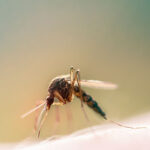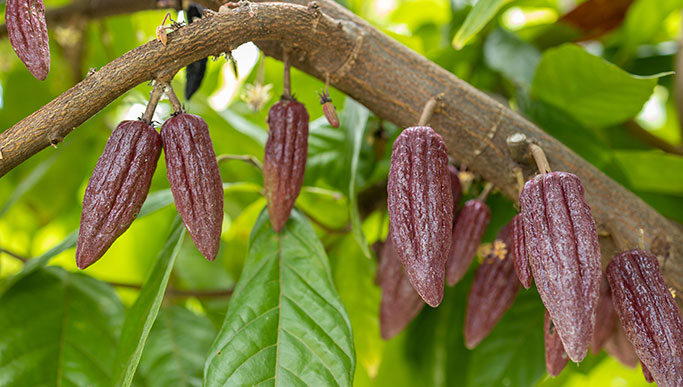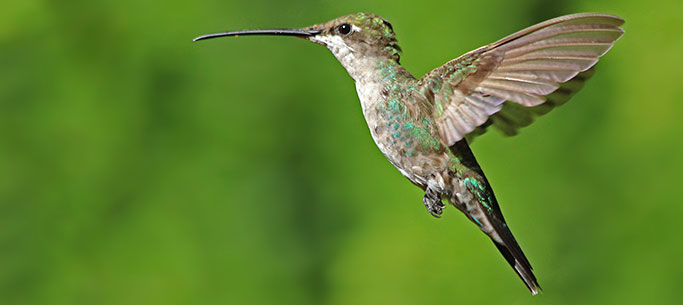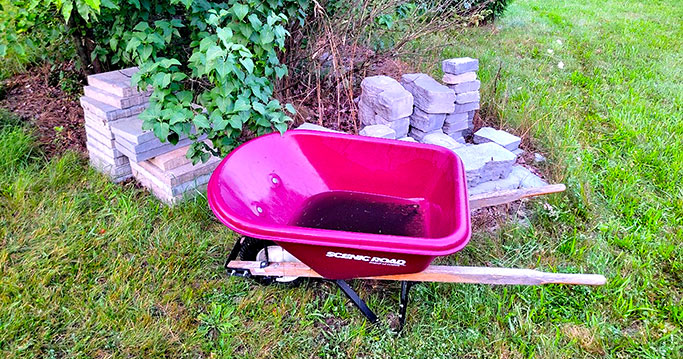The Redeeming Qualities of Mosquitos?

Bzzzzzzwhzzzzz….SWAT!!
Another ’skeeter gets smacked, leaving your blood and her guts on your sleeve.
We all love to hate them. They’ve ruined countless outdoor summer gatherings, left me with sleepless nights whilst camping, and can make working outside a nightmare. Do these flying parasites actually do any good for this world? Should we wish for a perfect eradication method so we never have to hear that buzzing sound again?
Mosquitoes are pollinators. Flower nectar is actually their main source of food. Many of our garden vegetables enjoy being pollinated by mosquitoes, as well as wetland and prairie plants. Are you a fan of chocolate? If so, perhaps you will look at mosquitoes a little differently, as they are the main pollinator of cacao trees!

The females only need a small amount of blood to develop the proteins casings for their eggs. The rest of their time they spend flying around your garden and surrounding areas looking for flowers.
Mosquitoes are a food source for bats, dragonflies, and several birds, such as hummingbirds

The impact of mosquito larva in aquatic environments is difficult to measure, but is significant. They spend their time eating away at detritus matter, cleaning up ponds of decaying leaves, expelling their waste for beneficial microbes to consume. Mosquito larva biomass makes up a large portion of some fish’s diet. Backyard pond fish and all smaller wild fish eat mosquito larva, providing a strong base in the food chain that feeds larger game fish for sportsmen.
I came into this topic with my countercultural tendencies, hoping to espouse the benefits of these winged blood marauders. So are mosquitoes a net benefit to us, as humans? Apparently, the jury is still out. Biologists hypothesize that if mosquitoes were to disappear similar organisms would quickly move into their place in the food web. Mosquitoes have spread over six of our seven continents over the past 100 million years. “Why?” I guess the question is really “Why Not?”. They have proved to be a successful, abundant insect, despite our crude methods of eradication and suppression. They have earned a place here, as every creature has, in their place and time. Will I still swat the little suckers if they land on my neck? ABSOLUTELY!


If you want to have fewer mosquitoes in your yard keep your grass well-cut and thick bushes away from your entertaining areas. (This helps with ticks, as well) Look for places where water may collect and remain still for a period of time so they cannot breed in the puddles. Eliminate empty pots and flip wheelbarrows upside down so they cannot collect water. Childrens toys, buckets, garbage can lids, even plastic bags that have blown into the yard may collect water. Fix lawn drainage problems for your customers. It only takes five days for a mosquito to develop from an egg to a biting adult, so consider any standing water a breeding ground.
